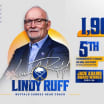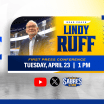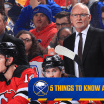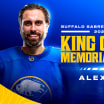Born in Welland, Ontario, Matt Ellis defied the odds and played in more than 900 professional hockey games - 356 of them in the NHL and 290 of them (regular season and playoffs) with the Buffalo Sabres.
Ellis knew while in the midst of his final contract as a player (an AHL deal with Rochester in 2015-16) that he would be interested in coaching and development. He was in constant communication with Kevyn Adams, the former Sabres assistant coach who is now the director at the Academy of Hockey and the general manager of Harborcenter, about his second career. He knew that he and his family wanted to remain in Buffalo.
"Our life is here, we love it here, and opportunity presented itself to jump right back into a role that I knew I was going to love and embrace," Ellis said. "So, after doing a little bit of soul-searching and multiple discussions with Kevyn - and others - I made the decision to take a job at Harborcenter in player development and I've never looked back."
Ellis has been involved in coaching with his oldest son for the past six years. While working with the Jr. Sabres program, he's on the ice and running practices for all 10 teams at least once a week. And his workload with development and coaching is steadily climbing now that he is the head development coach at the Academy of Hockey.
As we prepare for our broadcast Saturday afternoon that will include special segments featuring the Academy of Hockey staff, Ellis took some time to chat for this edition of Alumni Spotlight.
Alumni Spotlight: Matt Ellis
During playing days, Academy of Hockey's head development coach filled leadership role within Sabres organization

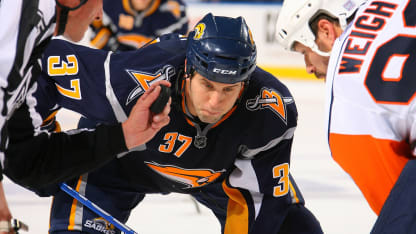
© Bill Wippert/Getty Images
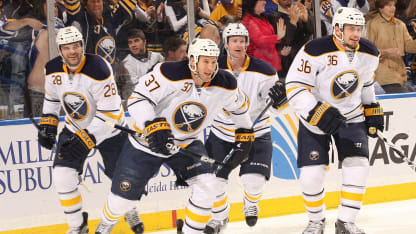
© Bill Wippert/Getty Images
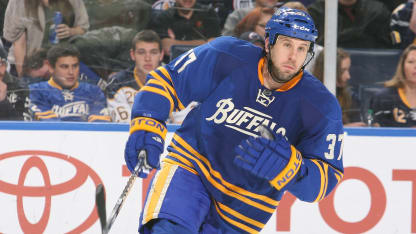
© Bill Wippert/Getty Images
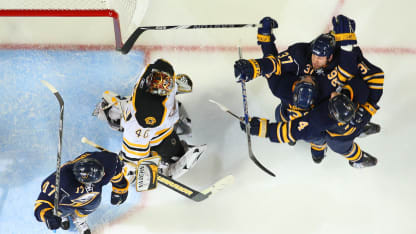
© Bill Wippert/Getty Images
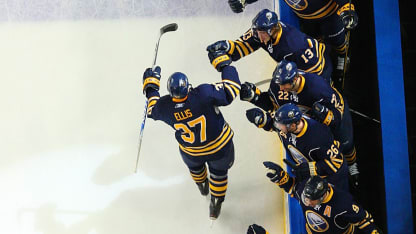
© Bill Wippert/Getty Images

